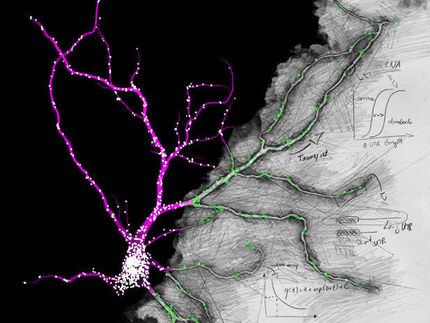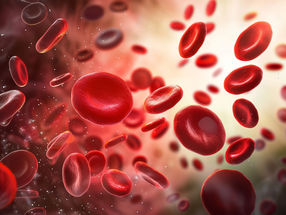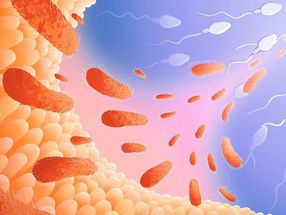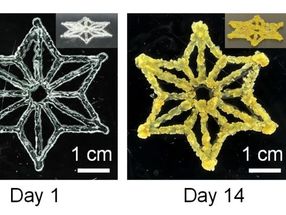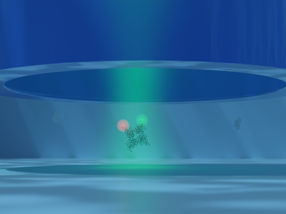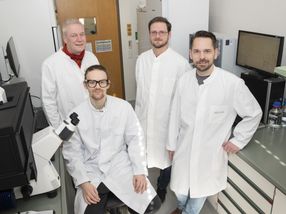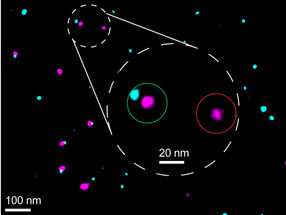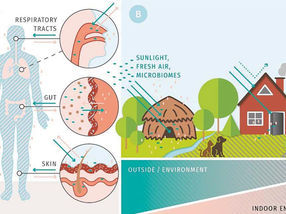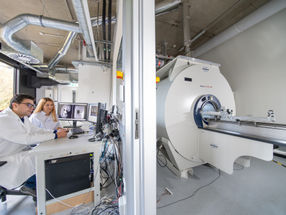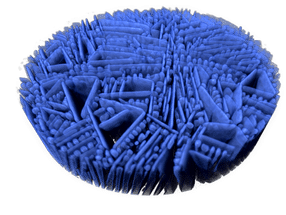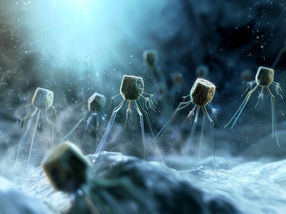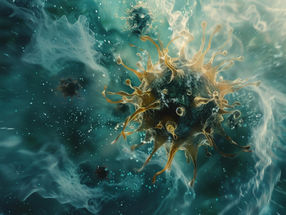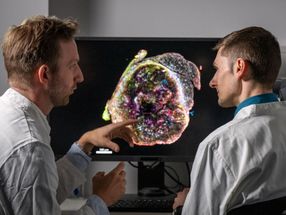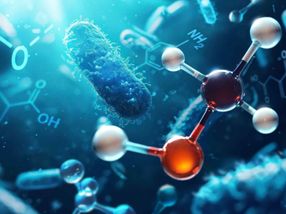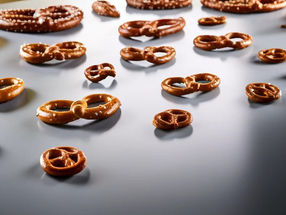The flexible tail of the prion protein poisons brain cells
Prion proteins are the infectious pathogens that cause Mad Cow Disease and Creutzfeldt-Jakob disease. They occur when a normal prion protein becomes deformed and clumped. The naturally occurring prion protein is harmless and can be found in most organisms. In humans, it is found in our brain cell membrane. By contrast, the abnormally deformed prion protein is poisonous for the brain cells. Adriano Aguzzi, Professor of Neuropathology at the University of Zurich and University Hospital Zurich, has spent many years exploring why this deformation is poisonous. Aguzzi's team has now discovered that the prion protein has a kind of «switch» that controls its toxicity. This switch covers a tiny area on the surface of the protein. If another molecule, for example an antibody, touches this switch, a lethal mechanism is triggered that can lead to very fast cell death.
Flexible tail induces cell death
In the current edition of «Nature», the scientists demonstrate that the prion protein molecule comprises two functionally distinct parts: a globular domain, which is tethered to the cell membrane, and a long and unstructured tail. Under normal conditions, this tail is very important in order to maintain the functioning of nerve cells. By contrast, in the case of a prion infection the pathogenic prion protein interacts with the globular part and the tail causes cell death – this is the hypothesis put forward by the researchers.
Aguzzi and his team tested this by generating mimetic antibodies in tissue sections from the cerebellum of mice which have a similar toxicity to that of a prion infection. The researchers found that these antibodies tripped the switch of the prion protein. «Prion proteins with a trimmed version of the flexible tail can, however, no longer damage the brain cells, even if their switch has been recognized by antibodies», explains Adriano Aguzzi. «This flexible tail is responsible for causing cell death.» If the tail is bound and made inaccessible using a further antibody, activation of the switch can likewise no longer trigger cell death.
«Our discovery has far-reaching consequences for understanding prion diseases», says Aguzzi. The findings reveal that only those antibodies that target the prion protein tail are suitable for use as potential drugs. By contrast, antibodies that trip the switch of the prion are very harmful and dangerous.
Other news from the department science
Most read news
More news from our other portals
See the theme worlds for related content
Topic world Antibodies
Antibodies are specialized molecules of our immune system that can specifically recognize and neutralize pathogens or foreign substances. Antibody research in biotech and pharma has recognized this natural defense potential and is working intensively to make it therapeutically useful. From monoclonal antibodies used against cancer or autoimmune diseases to antibody-drug conjugates that specifically transport drugs to disease cells - the possibilities are enormous

Topic world Antibodies
Antibodies are specialized molecules of our immune system that can specifically recognize and neutralize pathogens or foreign substances. Antibody research in biotech and pharma has recognized this natural defense potential and is working intensively to make it therapeutically useful. From monoclonal antibodies used against cancer or autoimmune diseases to antibody-drug conjugates that specifically transport drugs to disease cells - the possibilities are enormous
